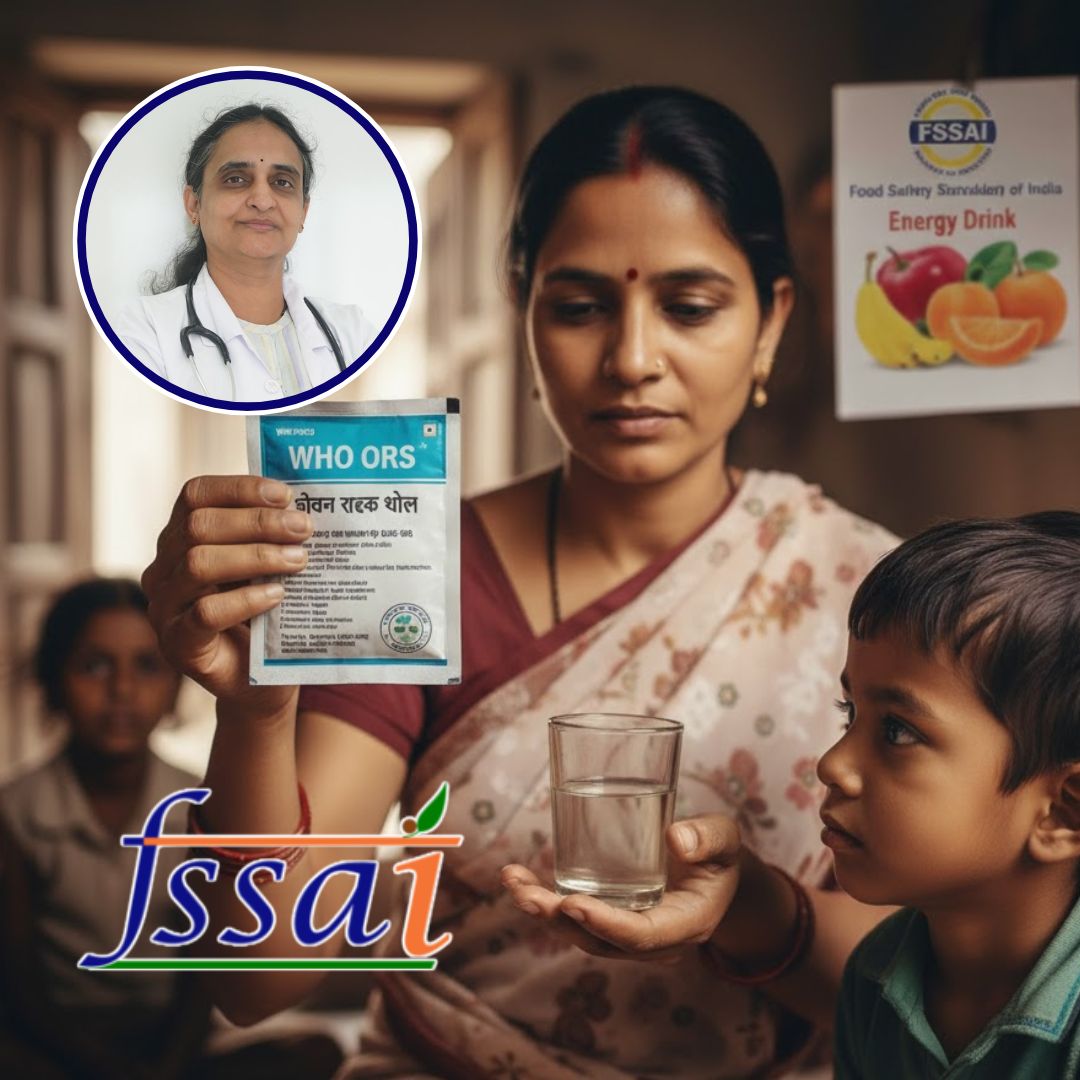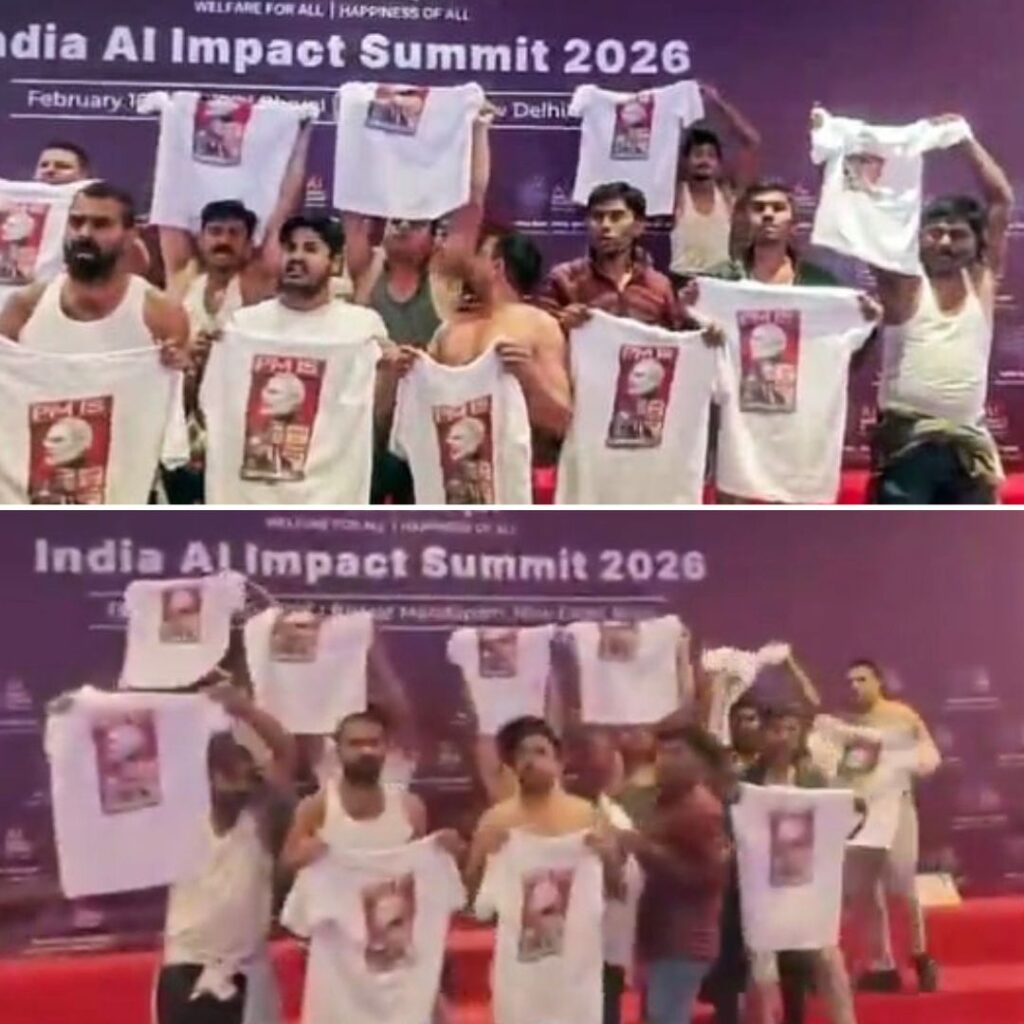In a surprising regulatory pivot, the Food Safety and Standards Authority of India (FSSAI) withdrew all prior restrictions on the usage of the term “ORS” (Oral Rehydration Salts) in food and beverage product names on October 14, 2025.
This move nullified previous orders from July 2022 and February 2024 which had imposed stringent conditions on the labeling of products using “ORS,” especially focusing on prohibiting non-WHO recommended solutions from using the term. The earlier regulations mandated clear front-of-pack disclaimers stating “The product is NOT an ORS formula as recommended by WHO” to prevent consumer deception.
The reversal came after significant pushback from food manufacturers and trademark holders citing the Trademark Act, 1999, arguing that the FSSAI’s restrictions infringed on their intellectual property rights.
The Food Safety and Standards Authority of India (FSSAI) has clarified that such usage misleads consumers and is considered false and deceptive labelling. As a result, all Food Business Operators are required to immediately remove the term “ORS” from their product packaging and brand names. This directive overrides all previous orders that had permitted the use of “ORS” with disclaimers, emphasizing strict compliance to protect public health and prevent consumer confusion under the law.
The Human Cost
Dr. Sivaranjani Santosh, a leading paediatrician and public health advocate, has been vocal in condemning the regulatory indecision. In a heartfelt social media post, she criticised the delayed response to the dangers caused by misleading “ORS” labelling, writing, “So, basically children need to die for the drug regulatory authority to wake up!” She called out the drug regulatory authority for deflecting responsibility to the FSSAI when it comes to products like ORSL, RebalanzVitORS, and ORSFIT, which are marketed as ORS but do not meet the WHO formulation standards.
Dr. Santosh warned that children’s deaths due to worsening diarrhoea caused by high-sugar substitute drinks often go unrecognised because official causes cite “diarrhoea and dehydration,” not the impact of these inappropriate liquids. She urged fellow paediatricians to meticulously record the type of fluids given in cases of child diarrhoeal deaths and share such data to highlight the true extent of the crisis. Her plea reveals the tragic consequences of blurred regulatory lines and how they directly affect child health outcomes nationwide.
The Logical Indian’s Perspective
This regulatory whiplash reveals the fragile balancing act between protecting public health and defending commercial interests in India’s food safety landscape. The Logical Indian believes that child health must be the paramount concern, not an afterthought in trademark disputes. Transparent regulatory coordination between the FSSAI and the drug regulatory authority is urgently needed to prevent further confusion and harm.
Child deaths that could be prevented by clear labelling and responsible marketing evoke a moral imperative for immediate action. The Logical Indian calls for a system that not only enforces accurate labeling but also demands accountability when policy shifts threaten public safety.













